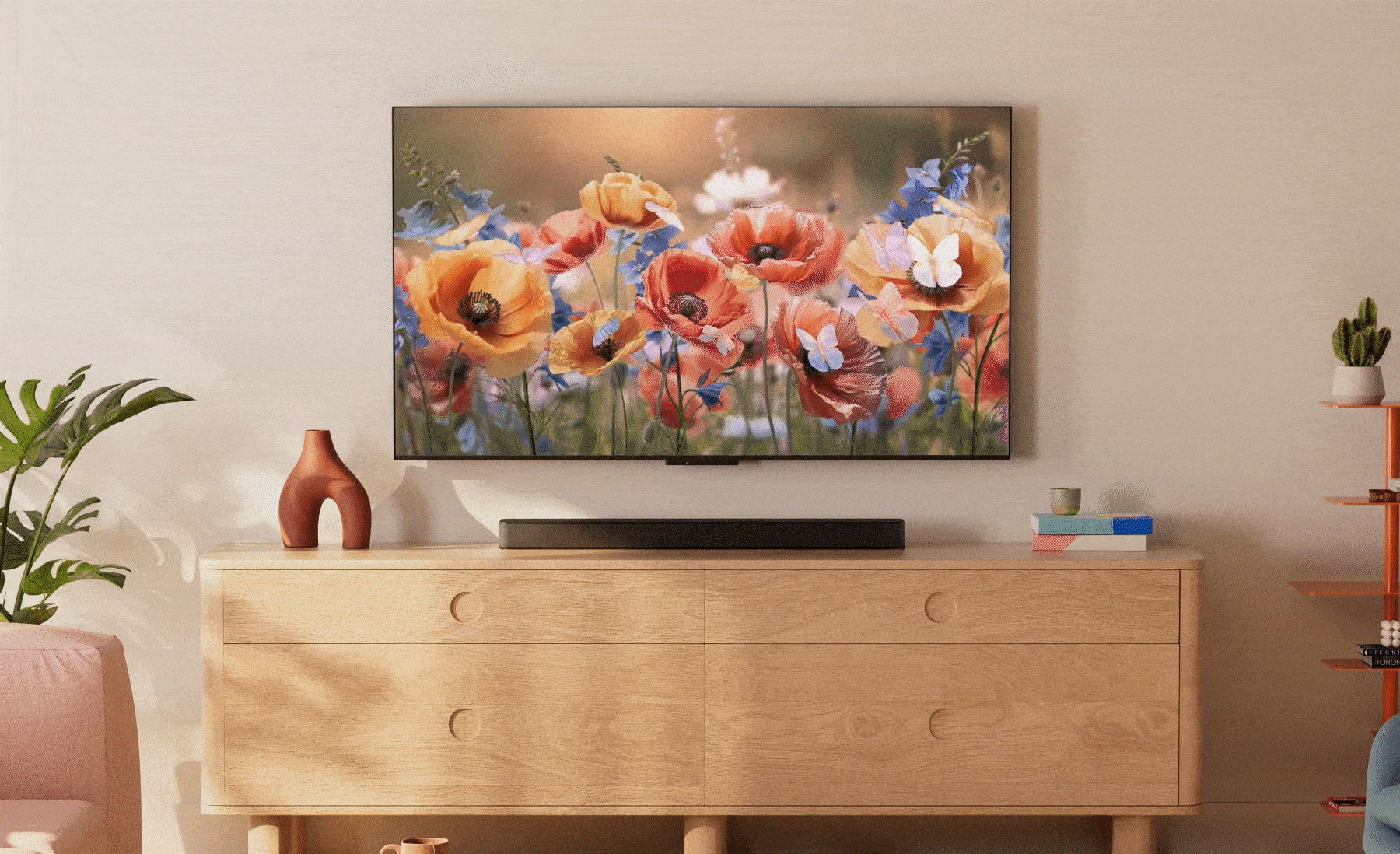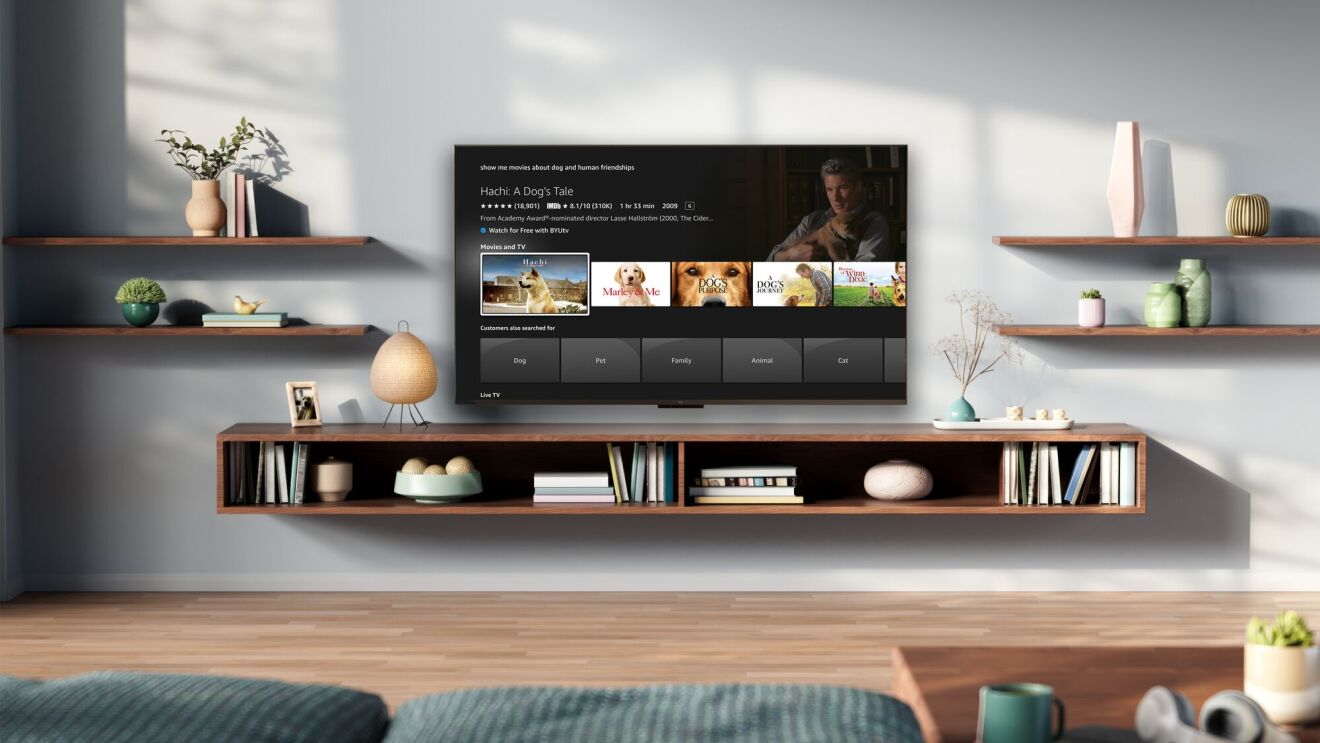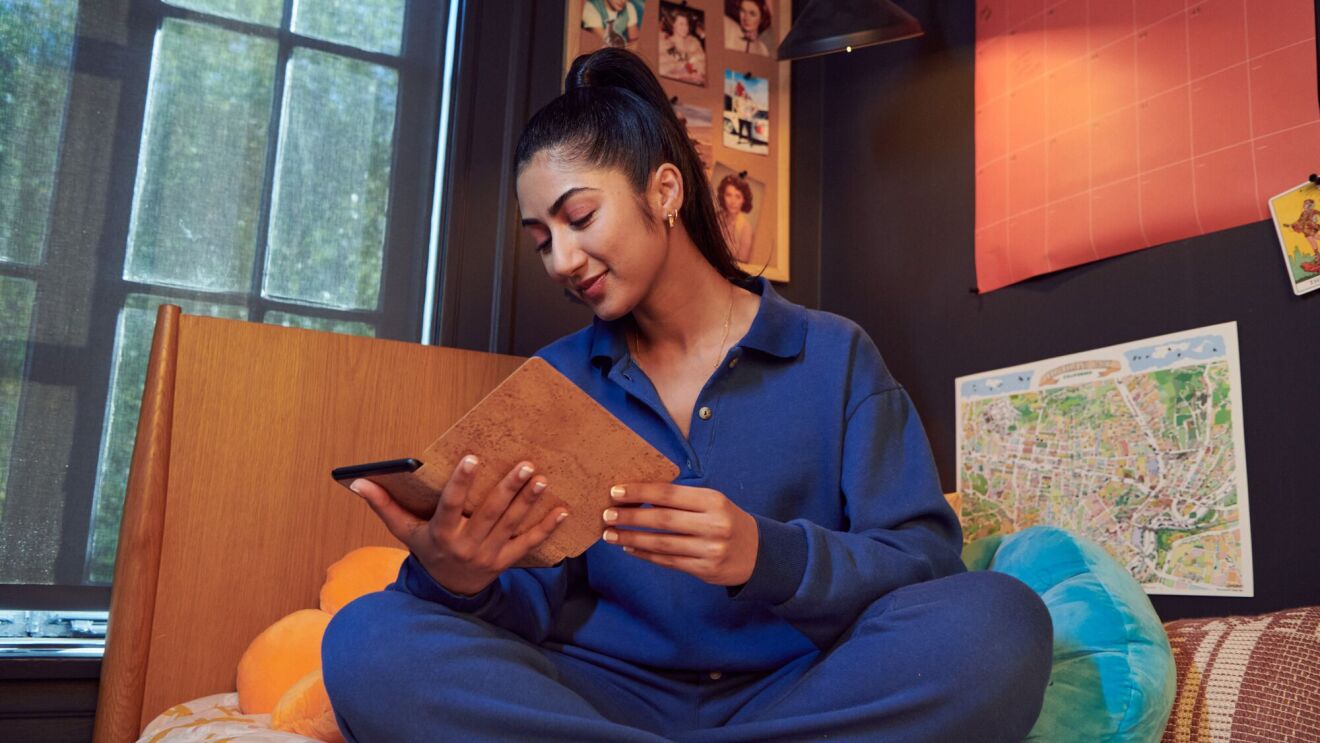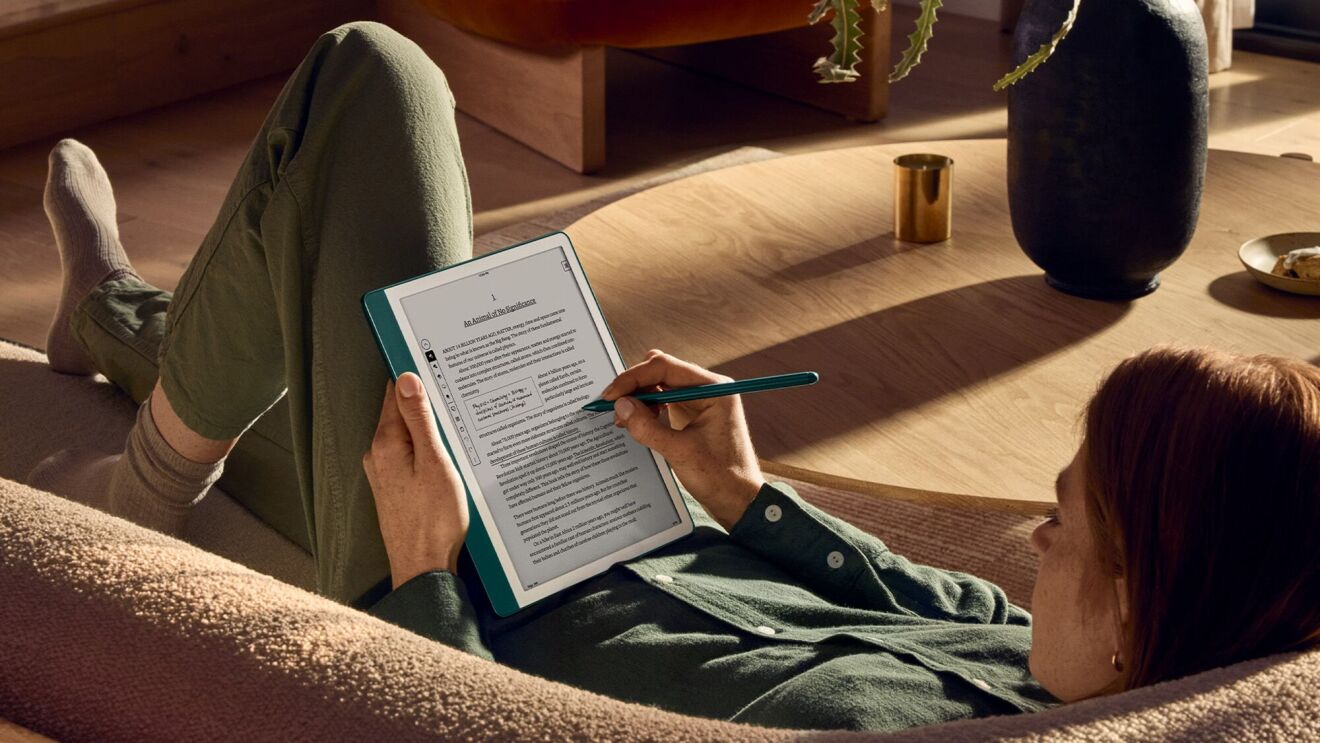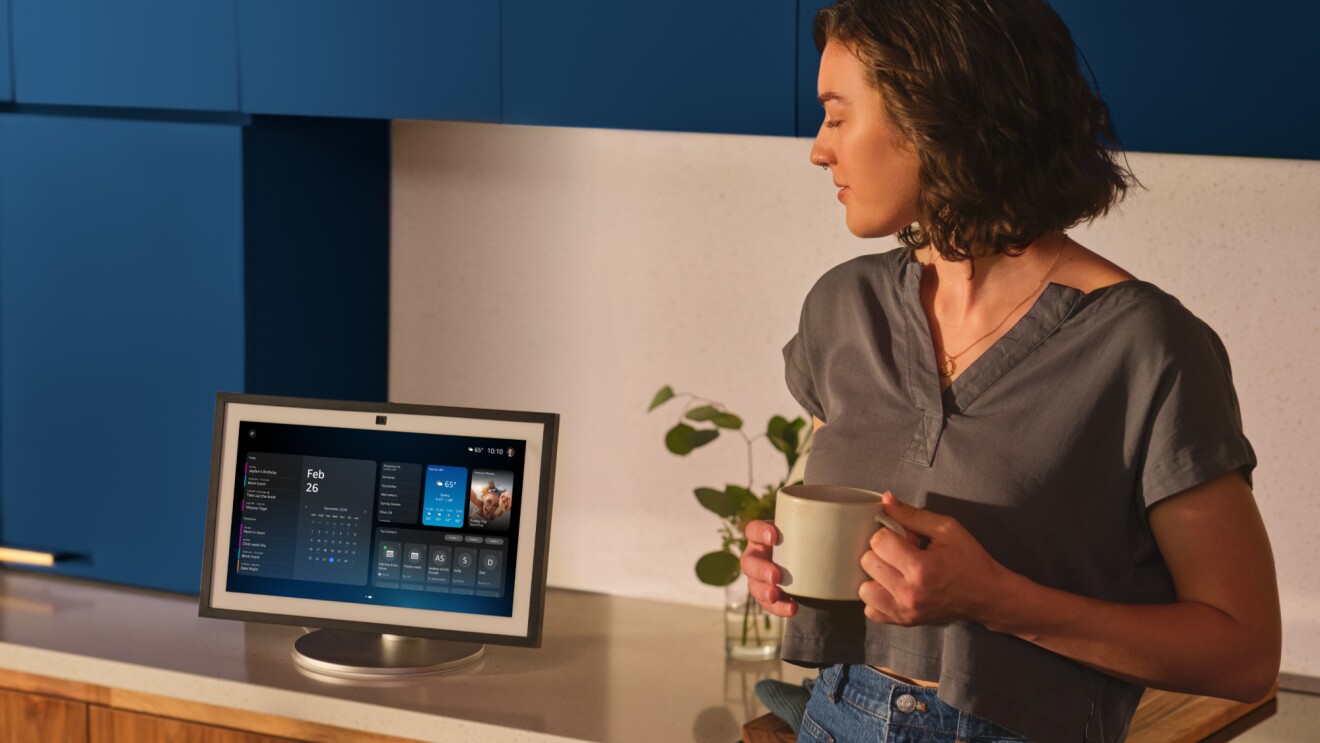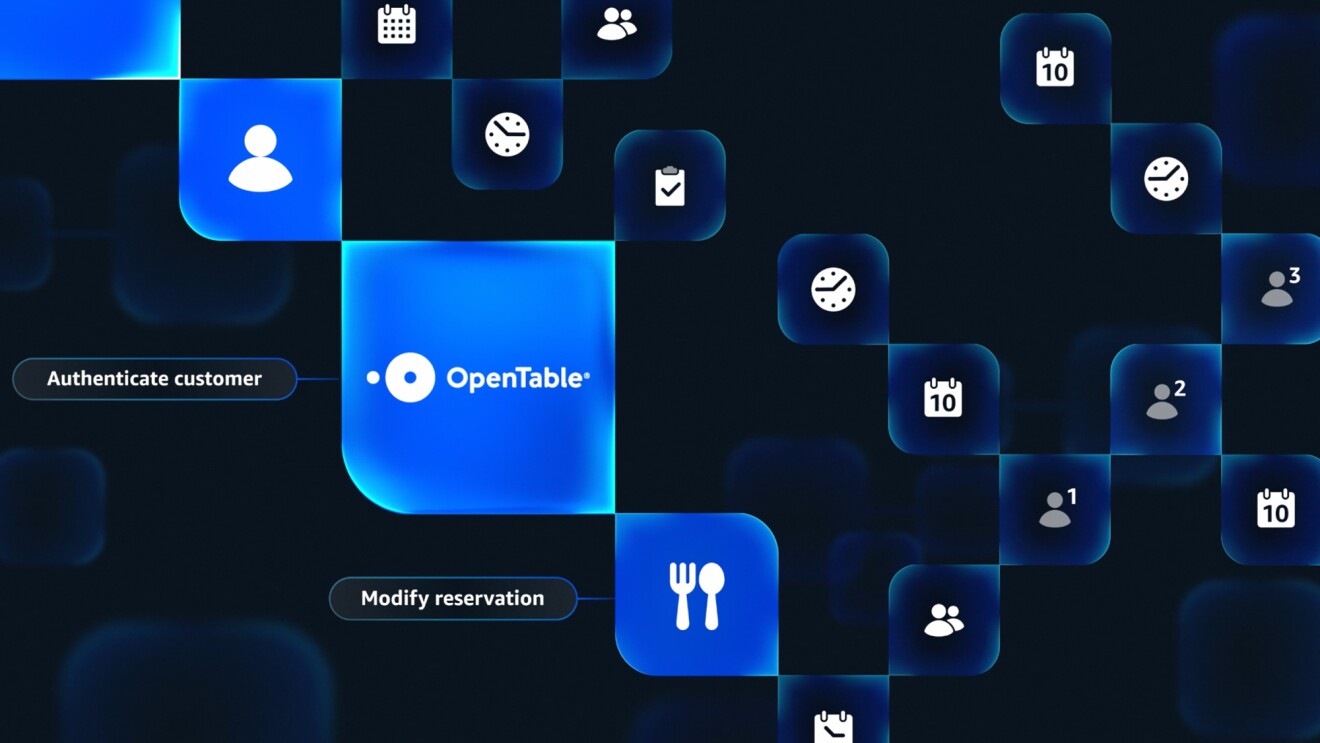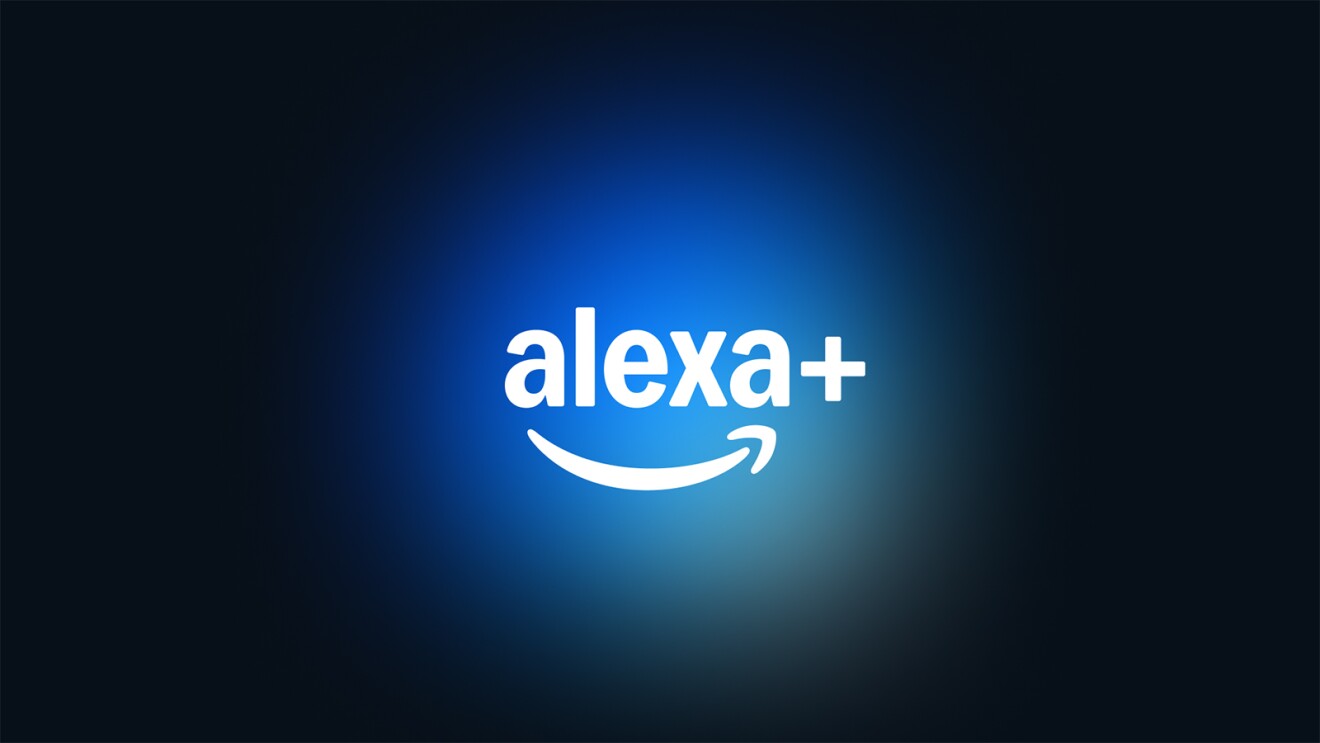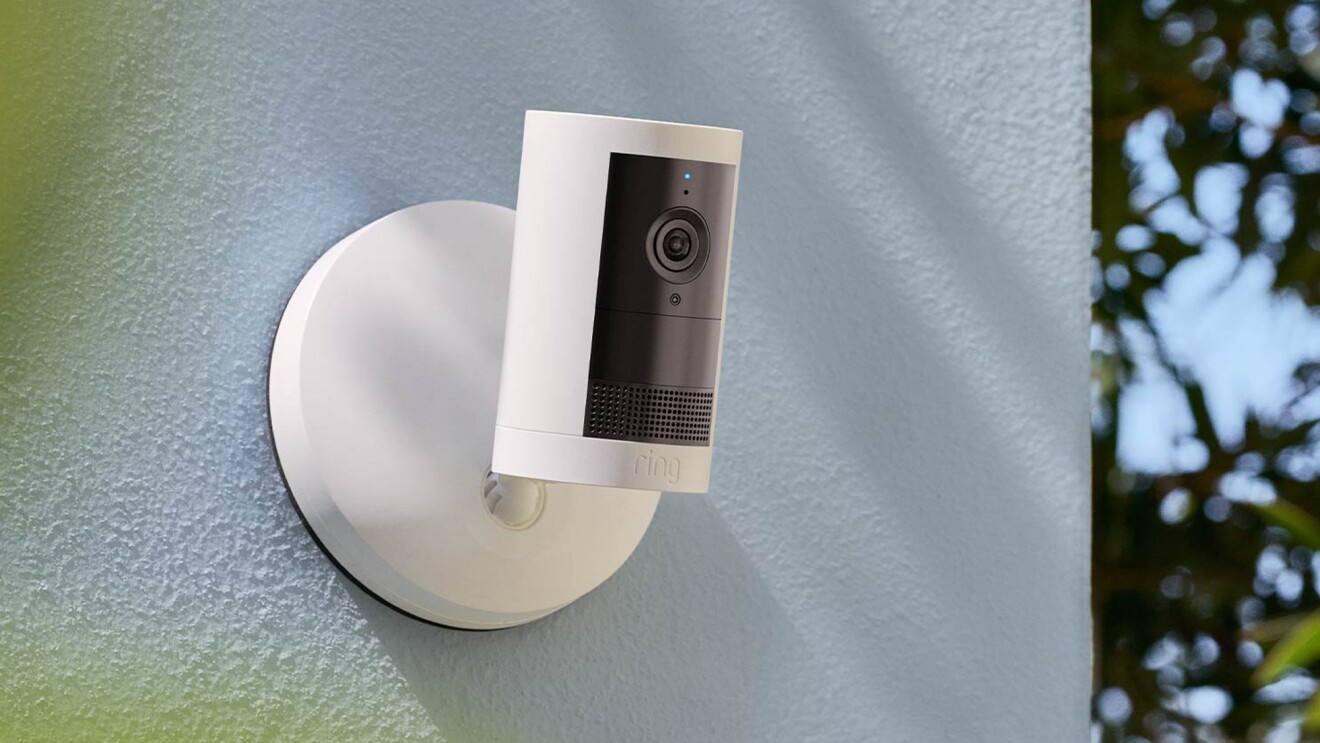Molly Burke was just 4 years old when she was diagnosed with a condition that causes blindness. She ceased seeing shapes and colors by the time she turned 14.
Eventually, she started speaking about her experience and became an advocate for people with disabilities. She addressed the United Nations, the World Economic Forum in Davos, Switzerland, and even competed for Miss Teen Canada International.
Now 29, Burke has built a vast community of online fans. On her YouTube channel, she educates her 1.9 million followers about her personal experience with videos like “5 Things All Sighted People Should Know About Blindness!” She also provides a plethora of fashion tips, makeup tutorials, and videos from her various adventures.
“People always expect me to speak about the same things, you know, bullying, mental health, disability,” Burke said. “All of those are things that I'm super passionate about, but I also love makeup, I love fashion, I love travel. I go on just as many bad dates as any 20-something.”
Burke, who is also an avid skier, horseback rider, and suspension yogi, said that in a world where many people with disabilities are only represented in “sob stories and hero stories,” she aims to showcase the ways her life is absolutely normal. Still, Burke is quick to point out that technology like Alexa, Amazon’s artificial intelligence (AI) service, is helping her expand her independence.
“In my lifetime, many people have seen tech become more convenient,” Burke said. “In the disabled community, we’ve seen tech finally become useful.”
Like other tech-savvy millennials, Burke has filled her home with technology that helps make her life easier. “A big part of that,” Burke said, “was putting in every single Alexa-compatible device I could possibly get my hands on.”
Here are three of her go-to smart devices:
Echo Show 15
Burke went all out in the kitchen. To enhance her cooking game, she uses her Echo Show 15 and connected Alexa-compatible cooktop, crockpot, oven, and air fryer to “foolproof the kitchen.” Burke also uses the Echo Show to control her other smart home devices, chat with friends, and of course cook with Alexa’s Show and Tell feature. “I can do it all in the kitchen now knowing that I’ve got a reliable sous chef in Alexa,” Burke said.
Ring Video Doorbell
Burke said that having the Ring Video Doorbell has been especially helpful. “Living in a big city, being in the public eye, my safety is a big priority to me,” she said. Burke admits that when she first heard about video doorbells, she wasn’t sure how such a visual device could be useful to her. But she said the device makes a chime noise when somebody drops off a package, walks by her door, or leaves her home, and that gives her peace of mind.
By saying, “Alexa, talk to the front door,” Burke also uses her Echo devices and phone to check in with visitors through Two-Way Talk with the doorbell’s microphone and speaker.
Fire TV Stick 4K Max
Burke said that while she was growing up, she wasn’t able to independently choose what she wanted to watch on TV given the technology available at the time. Something she’s grateful for today is her Fire TV Stick, which she controls using her voice to easily access entertainment on her TV. She also uses Audio Descriptions to listen to what’s happening onscreen.
“When there's not an accessible option, I lose my freedom,” Burke said. “And so being able to sit on my couch and use the VoiceView screen reader and Alexa to independently navigate through Amazon Prime Video or other streaming services is the coolest feeling and something that I've never been able to do before.”
Building for everyone helps everyone
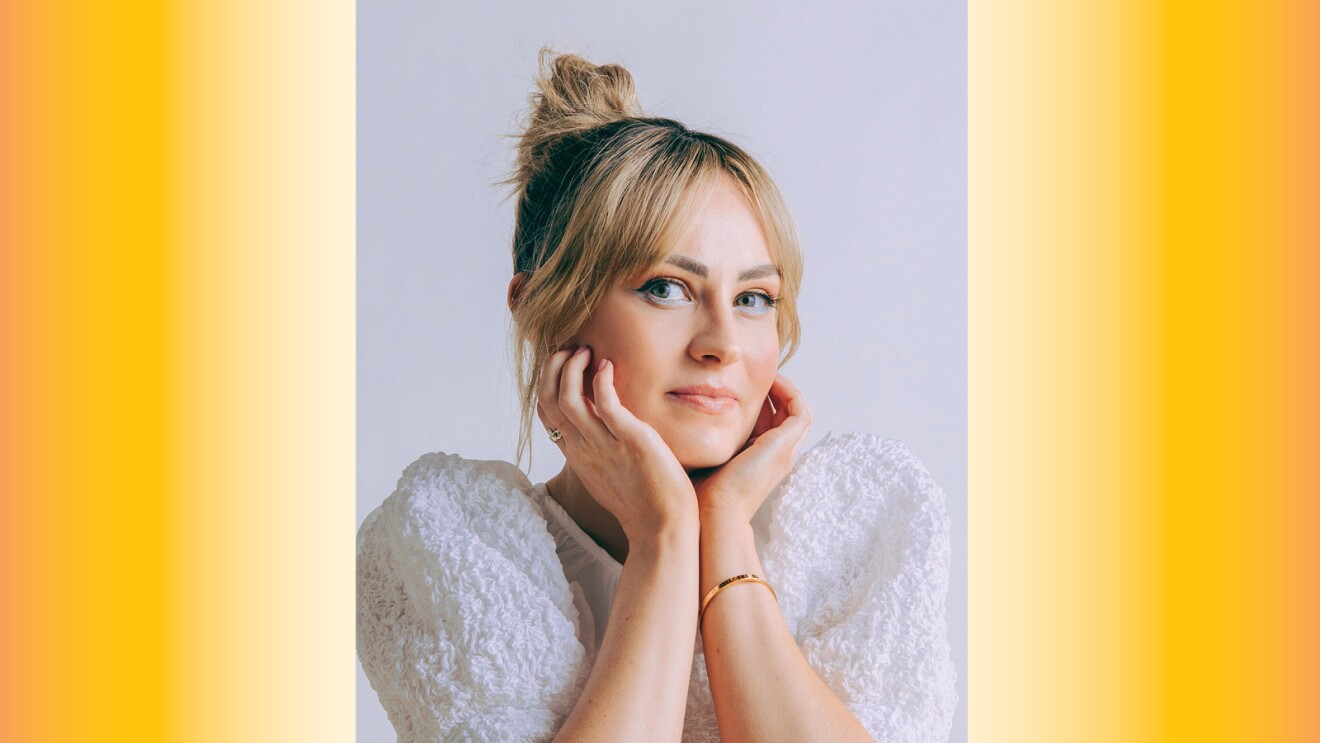
Burke said that while accessible tech has improved significantly in her lifetime, companies that don’t think of all customers when they design and build new products can actually widen the accessibility gap. “When companies like Amazon continue to design with everyone in mind, it benefits everybody,” she said.
Trending news and stories



